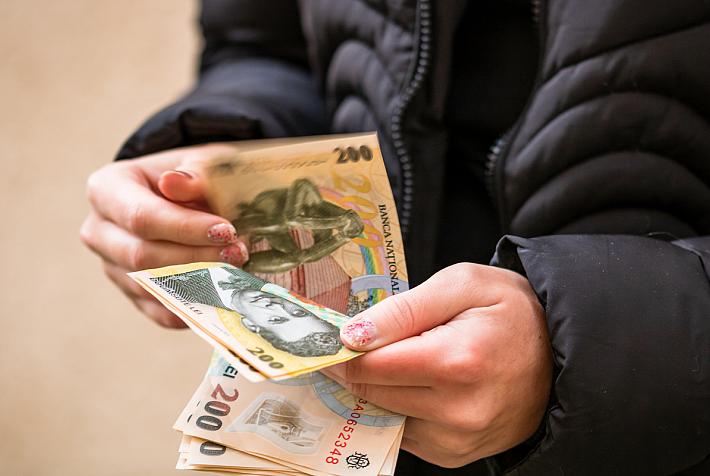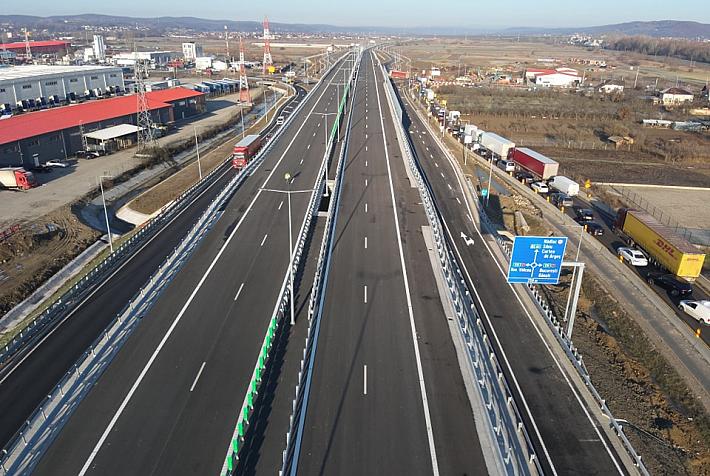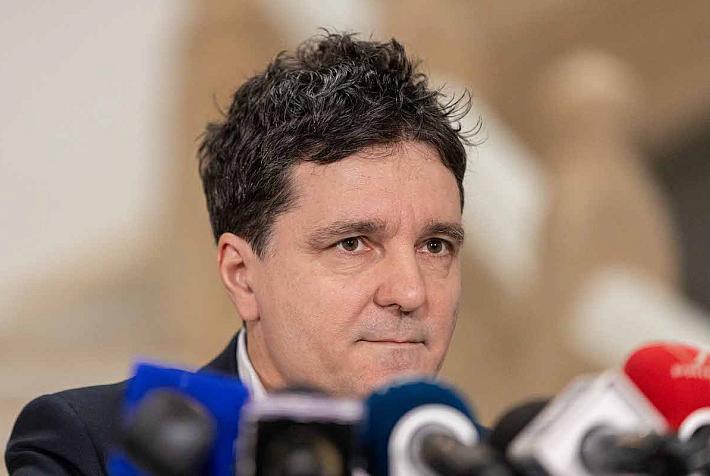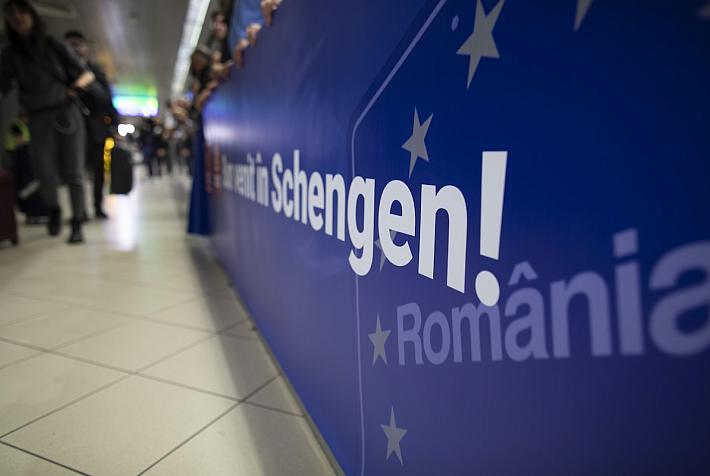Bucharest Stock Exchange’s shareholders elect new board after 10-hour meeting

Bucharest Stock Exchange will have a new board of governors starting January 2016. The market operator’s shareholders met yesterday in an ordinary meeting an elected a new board.
The meeting took about ten hours, due to technical problems with the automatic vote counting system, according to an announcement of BVB.
Five of the nine current board members were reelected, including the board’s president Lucian Anghel, who will be BVB’s president for another four years. The other four reelected members are Valerian Ionescu, Octavian Molnar, Robert Pana, and Dan Paul.
The four new board members are Gabriel Marica, Cristian Micu, Radu Toia, and Otto Naegeli.
Naegeli is a Swiss financial consultant Otto Naegeli, who worked in the past for the Swiss Exchange and Eurex. He was nominated for this position by the European Bank for Reconstruction and Development (EBRD), one of the BVB’s main shareholders, with a 5% stake.
Lucian Anghel, the reelected board president, is the general manager of BCR Pensii, a local private pension fund management company controlled by BCR, Romania’s largest bank. BCR and its parent bank, Austrian group Erste, are also among BVB’s biggest shareholders. Valerian Ionescu, an experienced broker working for BCR, was also reelected in BVB’s board.
Octavian Molnar is also a broker. He runs an independent brokerage firm called IFB Finwest. Gabriel Marica also runs a small brokerage firm from Brasov, called Romintrade. Cristian Micu is also a broker. He has been managing the local subsidiary of Greek NBG Securities.
Dan Paul is the Chairman of the Brokers Association, Robert Pana is a law specialist who works for local brokerage firm Swiss Capital, and Radu Toia is a former director within Romania’s former securities and exchange commission- CNVM, which is now a part of the Financial Supervisory Authority – ASF.
A total of 16 candidates competed for the nine board seats. BVB’s former general manager and board president Stere Farmache, who had run the market operator since its launch, in 1995, was not given another mandate as a board member.
The Bucharest Stock Exchange was founded in 1995 by local brokerage firms, who got support from the state and the central bank. The exchange was run as an association until 2006, when it was “privatized”, which means that the founding brokerage firms (some 75) got equal stakes of some 1.34% of its shares each.
Since then, the shareholders structure has changed significantly, as many brokerage firms had financial problems after the 2008 market crash and sold their shares to banks and investment funds. Currently, there are several local and foreign institutional investors that own up to 5% of BVB’s shares, which is the most that one shareholder can own, according to the capital market’s law.
The fragmented shareholders structure has been a drag on the local exchange’s development, as the shareholders couldn’t agree on a common strategy and each wanted something different. This has somewhat started to change after the BVB listed its shares on its own platform and became a public company, in 2010.
Shortly after that, a new board was elected. The new board, led by Lucian Anghel, managed to convince Pole Ludwik Sobolewski, a former president of the Warsaw Stock Exchange to take over as CEO of BVB. Sobolewski started working on modernizing the Bucharest Stock Exchange in terms of trading mechanisms and initiated a move to change the outdated local regulations on capital markets, aiming to get the BVB upgraded from frontier market to emerging market status.
However, the lack of new company listings has kept the BVB at a low level compared to other markets in the region, such as those in Warsaw, Prague, and Budapest. Bucharest Stock Exchange had an average daily turnover of under EUR 8 million this year.
BVB’s shares have declined by more than 15% since the beginning of this year, as the financial results were also weaker. The company is currently valued at some EUR 49 million (as of December 14, 2015).
Andrei Chirileasa, andrei@romania-insider.com












